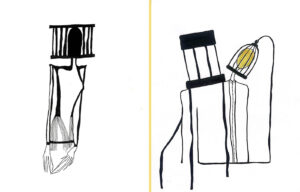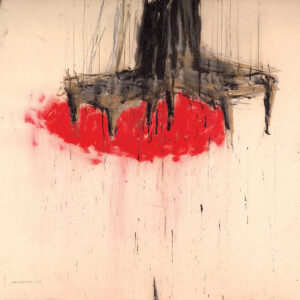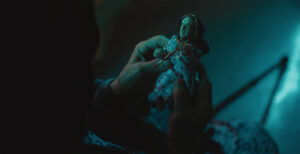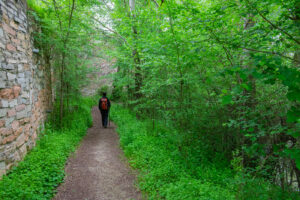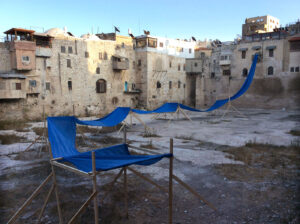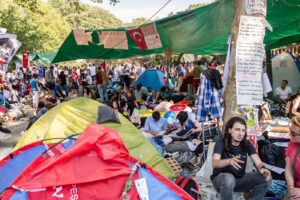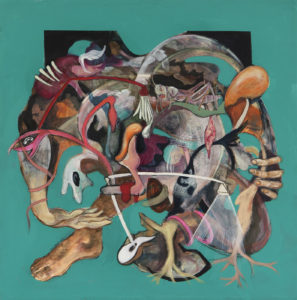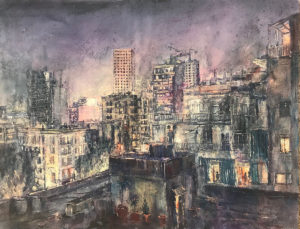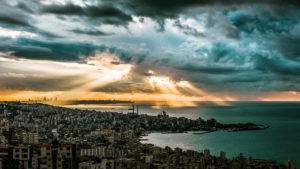Claire Launchbury
State-led amnesia in Lebanon instituted by the amnesty of 1991 absolved all but the most serious war crimes committed during fifteen years of civil conflict. The country’s amnesia has kept discourse about “the events” hidden or expressed only in euphemism. It has also facilitated the politically-expedient desire for the state to rework history for its own uses, making the truth ineffable or hidden. No extensive process of truth and reconciliation or a restorative justice program has yet been undertaken in the thirty years since the civil war ended in 1990.
Lokman Slim, who was murdered on the 3rd of February, 2021, was an activist, publisher and a truth seeker who spent his life challenging the non-disclosure of truth. Slim railed against censorship in the publishing house, Dar al-Jadeed, which he founded with his sister, the novelist and activist, Rasha Al-Ameer. Holding up a mirror to those who do not wish to be confronted with the truth of their actions in the past as in the present, as Slim undoubtedly did, is a brave undertaking. Lokman Slim did much to shed light on the murky, undocumented past of the civil war, the Syrian occupation and beyond.
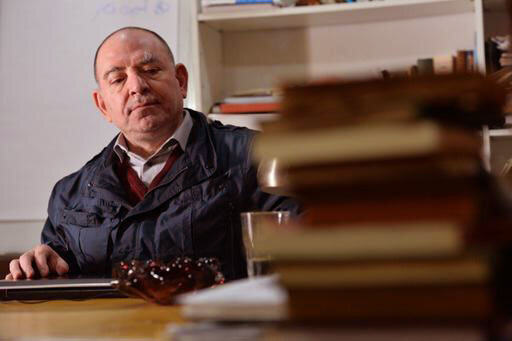
Since the thwarted revolution of October 2019, there has been a cataclysmic financial crash which has pushed much of the population below the breadline and a significant minority into abject poverty. On the 4th of August, 2020, the double explosion of ammonium nitrate and other material stored in the port devastated large parts of the historic districts of Beirut and destroyed three hospitals. The Covid-19 pandemic is one crisis among a series of others. It is a cynical reality that Slim’s killers chose to exploit at a moment when both place and space for outrage are near exhaustion: the country is locked down, the population tired, resigned and despairing. There is inevitable concern that his killing marks a renewal of the political assassinations which killed prominent journalists and scholars such as Samir Kassir and Gebran Tuéni in 2005—concern that truth, and its pursuit becomes a death sentence.
Slim was born into a well-known Shia family, the son of Mohsen Slim, a politician and fierce defender of Lebanese independence. Slim’s mother, Salma Merchak Slim, is a Christian from Egypt. His own fiérté laïque as well as his rootedness to Haret Hreik in Dahiyeh, the southern suburbs of Beirut associated in geopolitical shorthand with Hezbollah, confounded many. Sectarian affiliation is not a pre-condition of Lebanon’s modernity but a major constitutive factor in its development and remains the determining factor of the hybrid sovereignties of its political actuality. He would often speak of his “côté protestant” and as friends used to tease him, being secular and Protestant could also be a sectarian position.
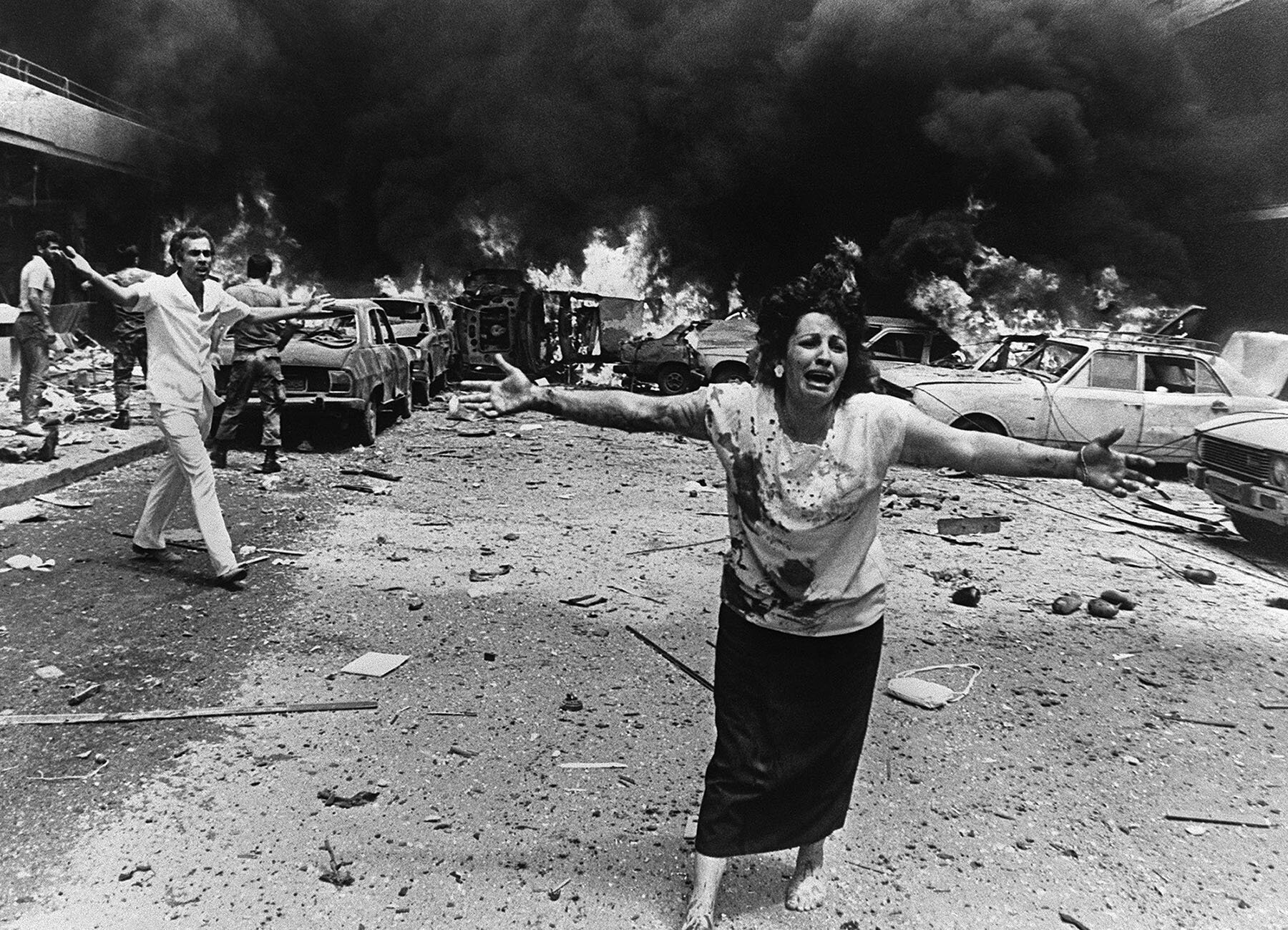
Mahmoud Darwich’s epic account of the Beirut siege, Memory for Forgetfulness, is subtitled in its French translation, Le temps: Beyrouth, le lieu: un jour d’août 1982. This disarray, where place becomes time, and time a place, works to illustrate the complicated politics of memory that have endured in Lebanon since the end of the civil war, as well as the cycles of turbulence which have followed. Borders, such as those wrought by colonial partition or by the fault lines of civil war, like the one that divided Beirut for fifteen years, or the territorial markers for the “war yet to come” leave or anticipate scars. These borders find representation in cultural production as fabulations of geography, according to Joe Cleary in his analysis of literature and partition in Ireland, Israel and Palestine (cf. Literature, Partition and the Nation-State, Cambridge University Press). Cartographic initiations of division, the lines in the sand, are places of discursive invisibility, places where things remain unsaid. Slim’s murder in the south of Lebanon—not near his home—bears witness to Beirut’s fault line being banished to the margins, relocated to a displaced site of trauma outside the city, an unutterable elsewhere.
Both as a challenge to the absence of justice and as a means of articulating discourses that otherwise might be censored, vibrant civil society initiatives have stepped into the void. Cultural responses to this denial of memorial expression have been articulated across literature, cinema and projects driven by an impetus to archive in the absence of an official national record. It is in this field where Lokman Slim’s memory work was exceptional, notably in the projects undertaken by the NGO, UMAM: Documentation and Research, which he founded with his partner in life and work, Monika Borgmann.
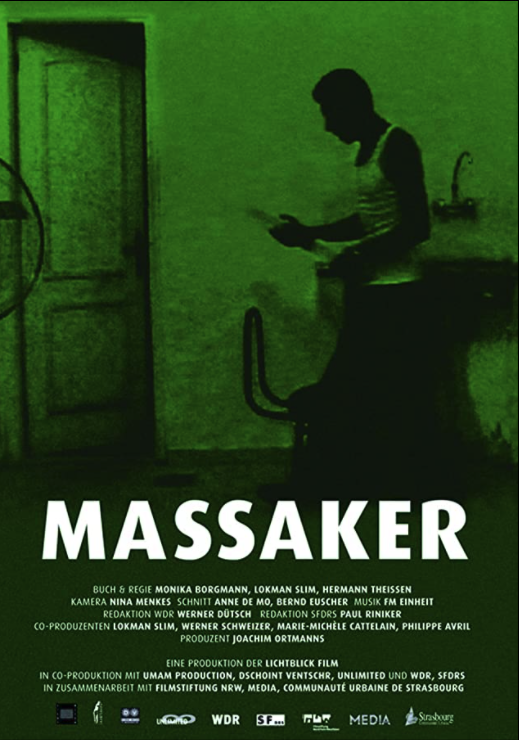
Slim and Borgmann produced two award-winning documentary films, Massaker (2004), which collates interviews with perpetrators of the three-day massacre at Sabra and Chatila in September 1982 and Tadmor (Palmyre) (2017) which cast light on the torture of Lebanese prisoners in Syrian jails. UMAM’s wide-ranging mission involves the display of cultural representations of the civil war but also running initiatives which drill down into the painful legacies of the past, such as the missing, torture, crimes against humanity, prisons, as well as smaller scale archiving projects rescuing film and hotel archives which would otherwise be lost.
Against Impunity
Making people face their preconceptions, challenging their opinions, skewering hypocrisy and demanding independence of mind seems was inspired by his own bold approach to life. In 2005, he founded the NGO Hayya Bina, which worked with women in rural communities to encourage peace-building initiatives, including teaching them English, to develop relationships beyond sectarian allegiances and to have access to discourses beyond the narrow ones they would encounter otherwise. Many of the projects he initiated were designed to hold perpetrators to account to confront them with the truth of their actions. In Massaker, for example, Slim and Borgmann interview six former militia fighters as they talk about their participation in the Sabra and Chatila massacres of Palestinian civilians, women and children. They are shown graphic documentary footage, maps and photos of the decomposing bodies in the aftermath of the massacre. Focusing on the bodies of the perpetrators, their torsos adorned with tattoos, hands with wedding rings clasping rosary beads, their faces remain hidden as they talk, some with regret, some still with harrowing violence, of their actions during those days and nights.
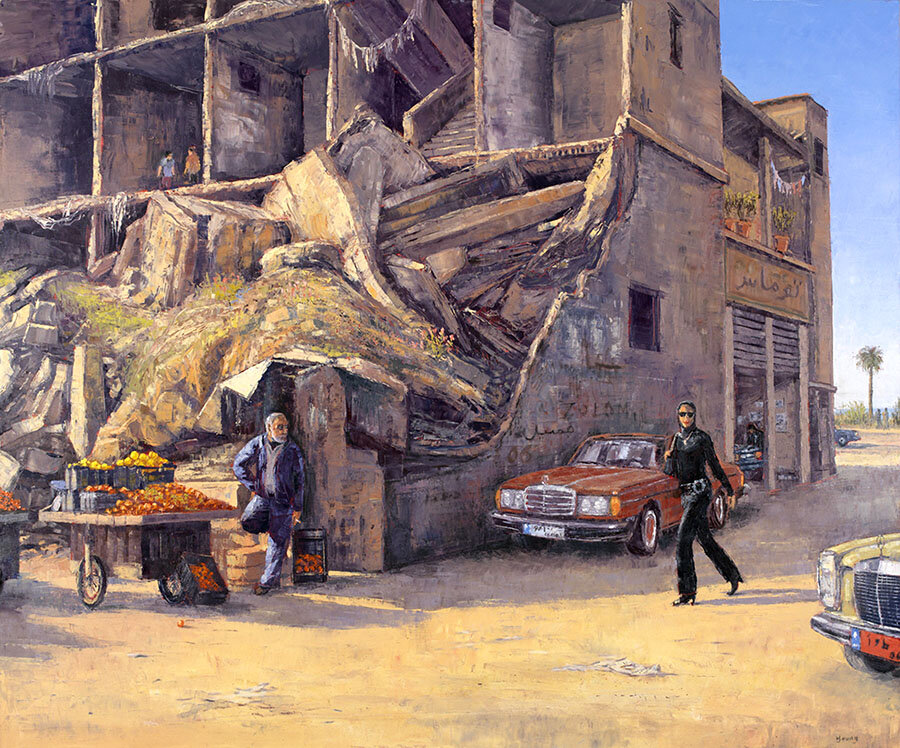
Facing the Past
In 2007, Slim and his colleagues began a project to trace and document the missing of the civil war, many of whom were disappeared in Syrian jails or buried in the mass graves under Beirut which are yet to be officially recognized. This multidimensional project involved collaboration with collectives of relatives of the missing and employed researchers to interview families across the country, resulting in a database of 1,250 names. As an extension to the database, an accompanying photo exhibition made up of the portraits it contains toured the country—expanding as it did so—encouraging new cases to be disclosed. Placing multiple portraits of the missing in one place not only broke the silence but it also gave physical shape to the scale of the issue. On April 13, 2010, which marked the 35th anniversary of the start of civil war, the photo exhibition was displayed at the bullet-scarred unfinished cinema in central Beirut known as The Egg (due to its ovoid concrete form). This exhibition forms the background for a striking scene in the 2012 documentary Sleepless Nights by Eliane Raheb. Maryam Saiidi, whose son Maher disappeared at the age of fifteen during a notorious battle between Phalangists and the Lebanese Communist Party in June 1982, is filmed in an increasingly angry confrontation with Assaad Shaftari, a former high-ranking intelligence officer in the Forces Libanaises, who has since publicly atoned for his role in the war. The exhibition portrait of Maher appears over Shaftari’s right shoulder as a silent witness to the pair and their argument. Despite the confrontation, no confirmation of Maher’s fate is ever offered and Saiidi continues her life, stalled, unresolved and unable to live beyond her son’s disappearance.
As a development of their work on the disappeared, Slim and Borgmann’s 2019 documentary Tadmor goes much further than simply bearing witness to the humiliation and torture Lebanese prisoners endured at the notorious Syrian jail. Conventional documentary interviews are interpolated with scenes where the former prisoners staged everyday scenes of their incarceration. Slim and Borgmann explain that this evolved from the interviews where they found that prisoners started to mime or recreate their testimony when words were not enough. Together they worked first to make a touring stage performance, then filmed the scenes at an abandoned school outside Beirut. Batons used to beat them are made out of foam as they re-enacted dormitory inspections, cleaning and, in a notable scene, eating. In both Tadmor and Massaker, Slim and Borgmann achieve extraordinary levels of trust with the participants in their documentaries, enabling them to articulate their own truth.
At the time of his murder, Slim was working on a large-scale multi-site project on prisons across the Middle East and North Africa, the MENA Prison Forum. Collating testimony, research, reports from across the region, indeed beyond into cases in Europe, and the Forum produces resources such as a prison lingo dictionary as well as an index of literature, film and academic work on the topic. Not content with simply archiving the past, Slim was motivated by its impact in the world beyond, so the final part of the project concentrates on outreach and advocacy, including a university syllabus on history, cultures and practices in prisons in the region.
Artist and graphic designer, Abraham Zeitoun who worked with Slim on an exhibition which challenged Lebanese identities in the context of hostility to refugees arriving from Syria, describes encountering an intimidating intellect, who batted away obstacles and refused to countenance problems. “And Lebanese…” was an evolving exhibition based on archival work at UMAM that sought to explore the varied and disparate roots of some of the most “Lebanese” public figures in the form of a series of portraits of people of renown from Saint Maroun to Fairouz who it was demonstrated were not really Lebanese at all. In order to interrogate the competing self-images Lebanon has of itself, the portraits were exhibited at right angles to the wall enclosing people within the display in front and behind forcing them to face whatever “Lebanese” might have meant, means and might mean in the future. In particular, it demonstrated that these multicultural identities were no different to those seeking asylum within its borders and expanded beyond a small nation-state on the East coast of the Mediterranean.
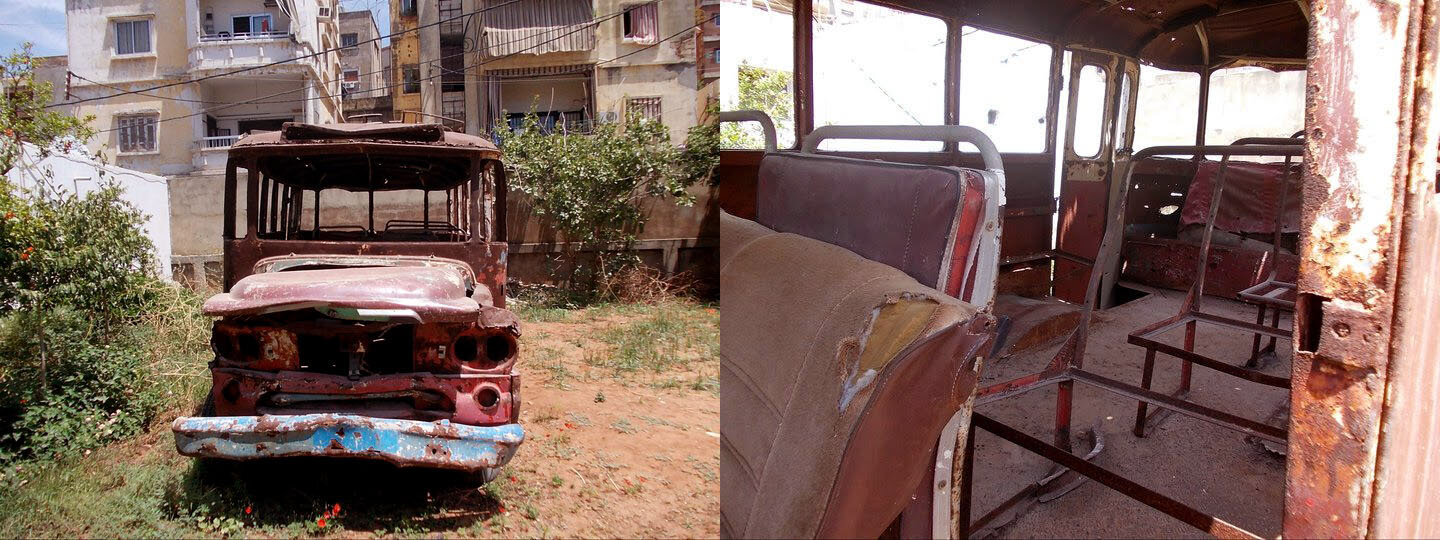
From retrieving and exhibiting the bus involved the April 13, 1975 Ain el-Rammaneh massacre that many point to as having launched the civil war, to projects with global reach, Slim’s pioneering work, involved publishing censored texts and protecting archives at risk. He was a founding member of the group which developed the international principles for providing safe havens for archives at risk, advising across the world where archives were sensitive due to their human rights content.
Lokman’s work sheds unflinching light on oppression and atrocity. He was tremendous, engaging and delightful company, a cynic who loved, a dissenter who reformed. While his legacy continues in the fearless work of Monika and their organization, he was a friend whose loss will always be unconscionable.
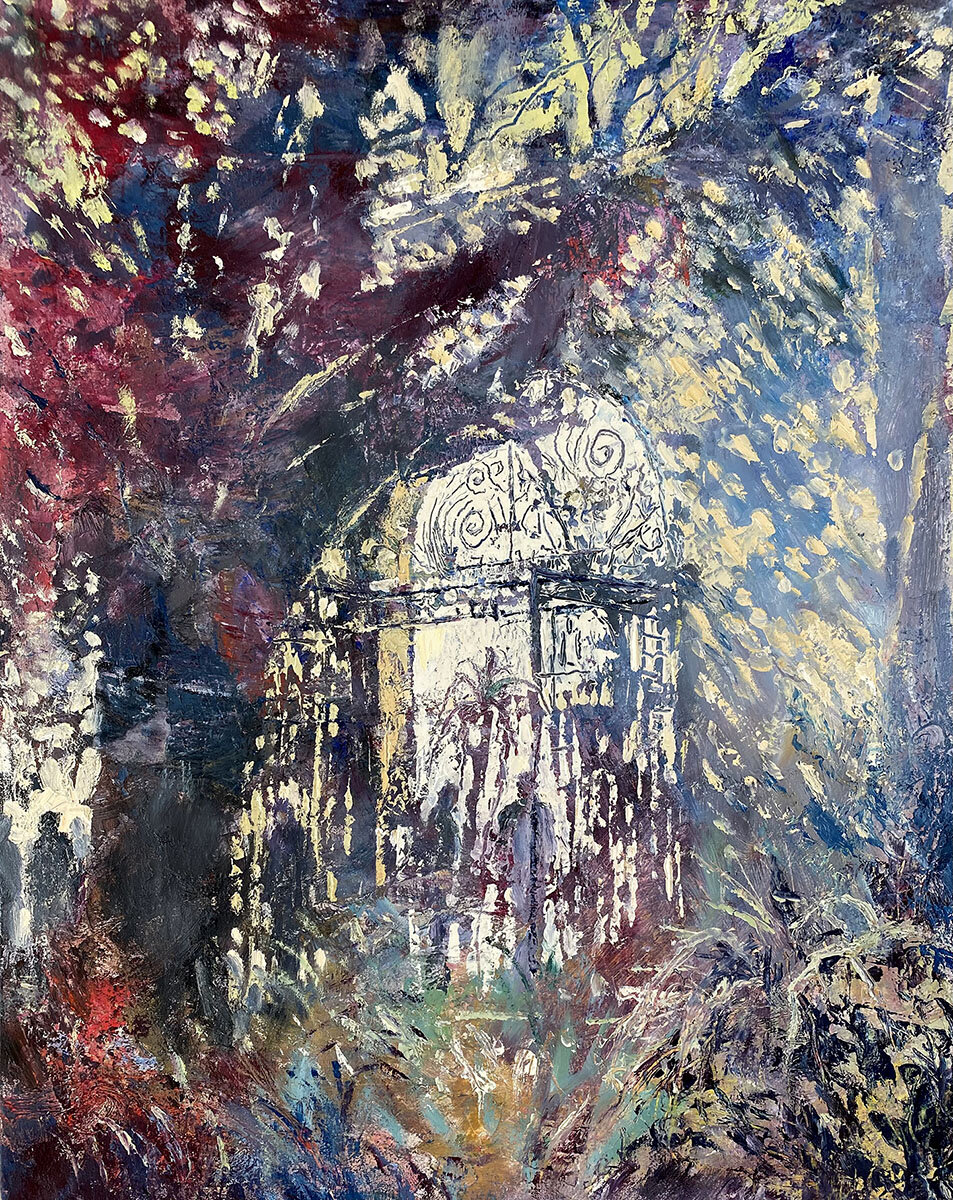
An earlier version of Claire Launchbury’s article was published by Le Monde Diplomatique‘s English edition in March 2021.



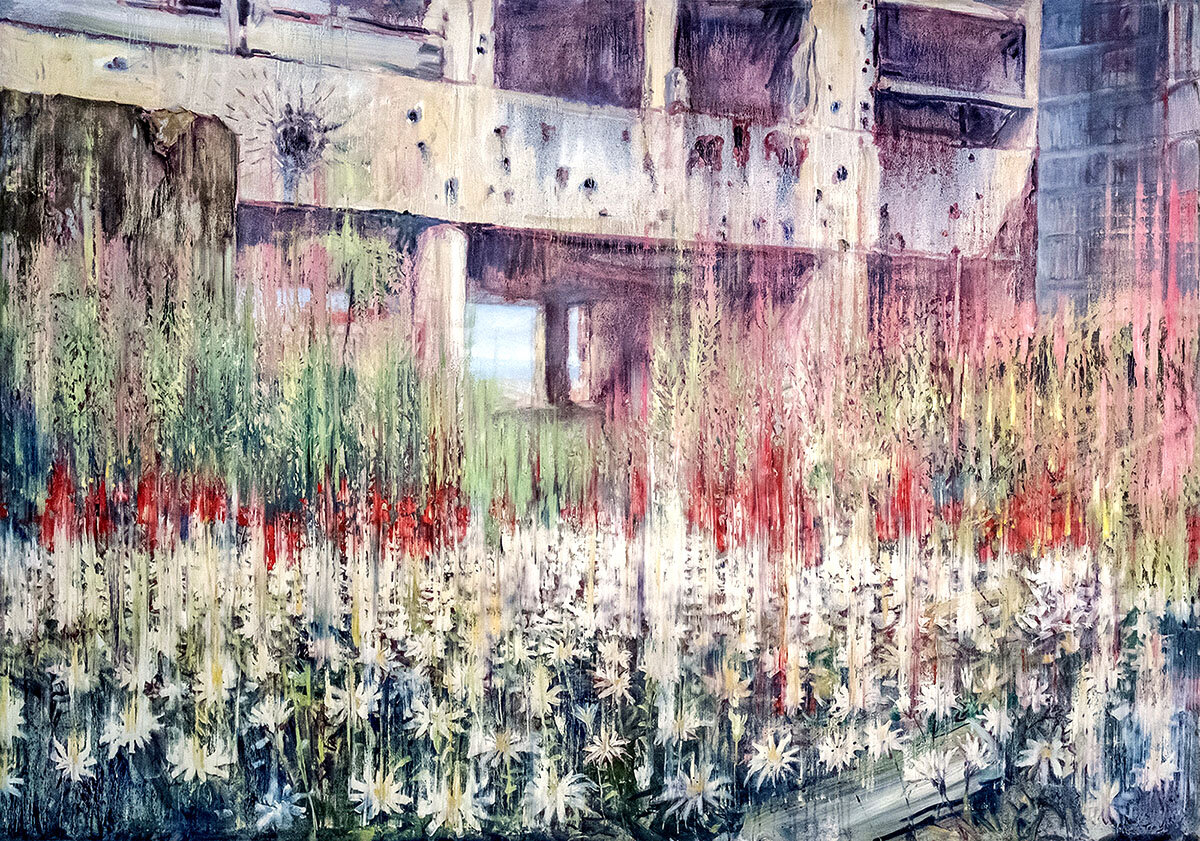
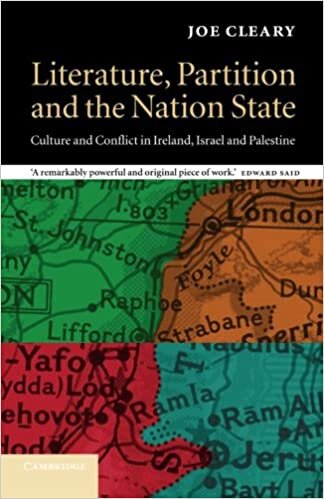



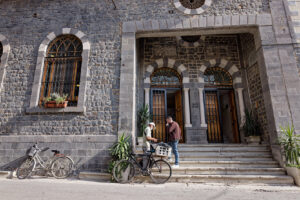




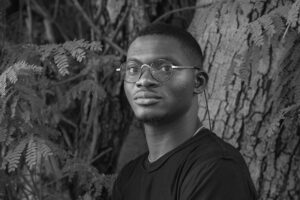





![Ali Cherri’s show at Marseille’s [mac] Is Watching You](https://themarkaz.org/wp-content/uploads/2025/09/Ali-Cherri-22Les-Veilleurs22-at-the-mac-Musee-dart-contemporain-de-Marseille-photo-Gregoire-Edouard-Ville-de-Marseille-300x200.jpg)







